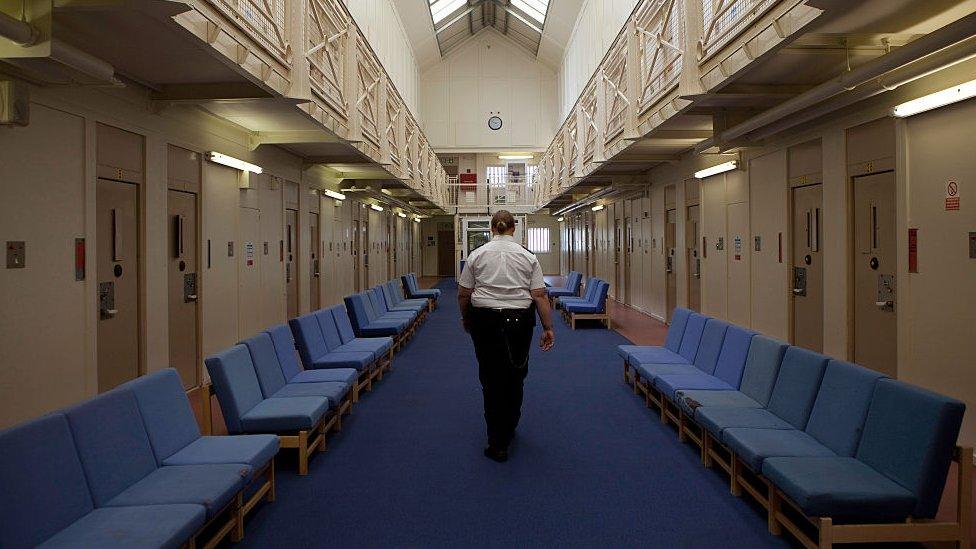Rehab in Wales: 'Prison is the safest place for my mum'
- Published
'More rehabilitation support needed to break prison cycle'
"The only place for her that will keep her safe and secure is prison."
For Ellie, 22, from Cardiff, seeing her mum in the criminal justice system is not new - she was arrested "something like 30 times" last year alone.
Ex-offenders, experts and support services have all said Wales needs better rehabilitation services.
The Ministry of Justice said it had invested hundreds of millions of pounds into rehabilitation services "to help offenders turn their backs on crime".
Ellie said her mother, who has been struggling with an alcohol addiction since Ellie was five years old, has been "in and out of police cells for as long as I can remember".
She believes that better support and rehabilitation services would help end this cycle of behaviour that many ex-offenders find themselves in, and wants her mother to "be safe and get the right support".
"I love my mum, after all she's my mum. I've prayed, wished, hoped everyday and begged everyone under the sun that I can possibly think of to fix her. The reality is, you can't fix the condition but you can improve it," she said.
Her mother served her first short sentence in prison earlier this year after several run-ins with the authorities over the years.
Ellie said the "immediate and focused support" made a positive difference.
Once out of prison, her mother was put on a 15-week waiting list for therapy, which Ellie said was not good enough for somebody who needed help "right now and right there."
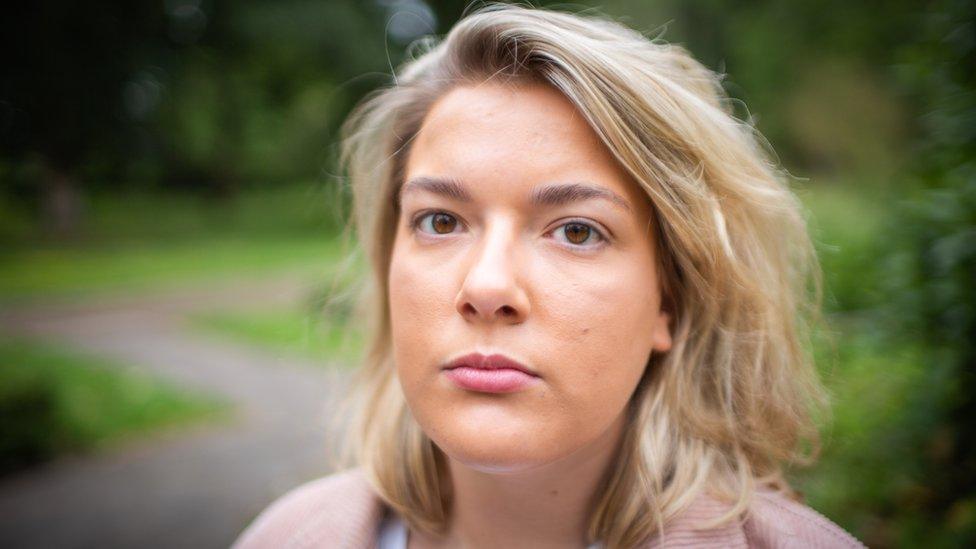
Ellie said her mother lost the support that was making a "positive difference" once she was released from prison
Ellie said the best option would be for a controlled environment, similar to what prison provided, that her mum and others could afford to access.
"It's horrible to say and, of course, I wouldn't wish for her to be in prison, but the best place for my mum to be is not out on the streets, it's not out in a council flat, where she is given no support.
"Unfortunately, because of the system we are in, because of the situation we are in as a country, the only place for her that will keep her safe and secure is prison."
Ellie's mother - who spoke to BBC Wales and was happy to share her story - said better services were needed to avoid people like herself "slipping through the net", but was now getting access to support and advice.
'Even a supermarket can be daunting'
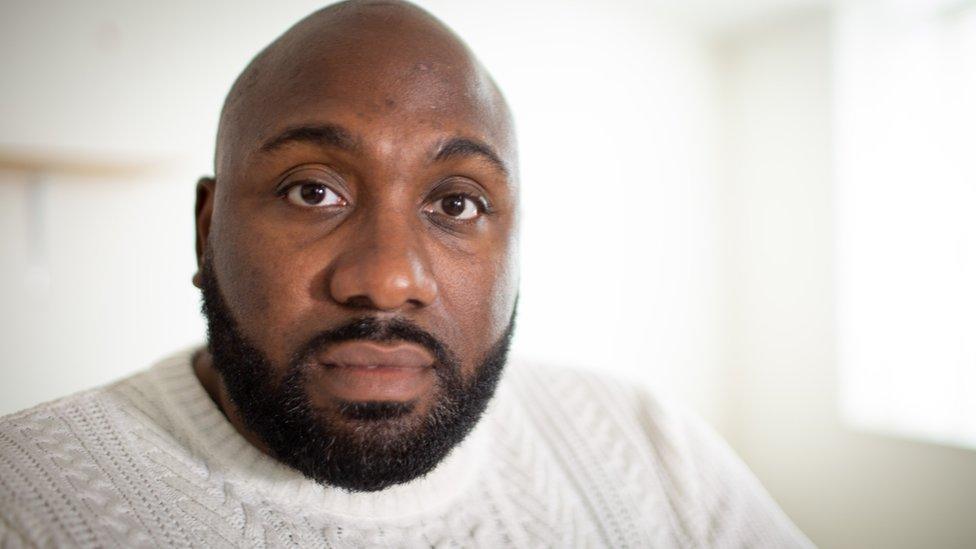
Chris Leslie said without the support he received he "who knows" where he would be
Chris Leslie is a rehabilitated offender in Cardiff who now works as part of the team at Inside Out Support Wales to help others do the same.
He said it could be "extremely difficult" getting back into society, with even everyday tasks proving challenging.
He said: "It's harder when you've been in a prison environment where you're around 300 people knowing everyone's name.
"Then all of a sudden you're in a supermarket with thousands of people and it can be daunting. You don't realise how much anxiety can be built up over the years."
Latest figures, external show 37% of female offenders and 41% of male offenders in Cardiff re-offended when released from prison.
Chris said, without the support he received, he could have ended up in a very different situation, adding that some people return to crime "because they go back to what they know best".
He said support was available, but you had to "seek it out because of how resources are stretched".
"It would have been easy to slide back," he said. "Without the support I've had, who knows where I'd be.
'Things desperately need to change'
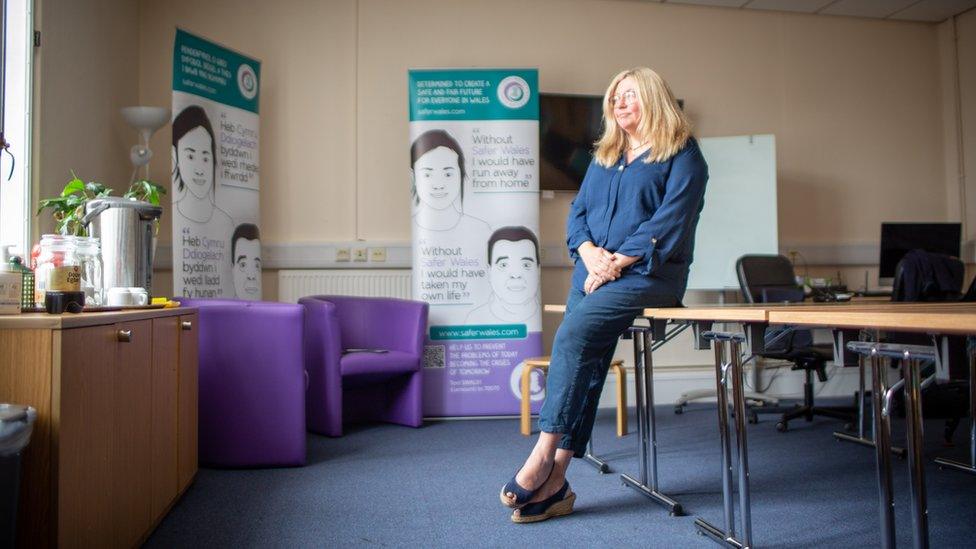
Bernie Bowen-Thompson said reoffending was not "unusual" for people leaving prison
Bernie Bowen-Thompson, head of the charity Safer Wales, said more resources needed to be available for people leaving prison.
"To think someone feels better going back to prison because of a lack of services is absolutely awful," she said, adding that community-based services were vital.
"If you come out and you have unsecure accommodation, you've got debts, your mental health is poor, or trying to manage substance misuse, the cycle will continue. Unless we can get those fundamental needs that we all have, how do you move on?"
The Ministry of Justice said it was planning to open "the first residential women's centre in Wales which will focus on reducing reoffending and ultimately keep the public safe".
The Welsh government said: "We continue to press the Ministry of Justice for a new women's residential care centre in Wales, and will continue to work with them on its development.
"We want to improve outcomes for all women who come into contact with the criminal justice system in Wales."


Offending doesn't happen in a vacuum.
Whether it's substance misuse, domestic violence and trauma or poor mental health - many in the criminal justice system experience problems that lead to prison, but that prison alone cannot address.
The failure to tackle those issues creates a destructive cycle.
Fourteen years after the Corston Report, external called for smaller custodial units for women - instead of prison - to tackle this issue, a 12-bed women's residential unit is finally being planned for Wales.
Research shows children are disproportionately affected when women are jailed, but effective rehabilitation and support in the community is vital if all offenders, regardless of gender, are to get their lives back on track.

You can find current information and support for issues covered in this article on the BBC Action Line website
- Published15 June 2021
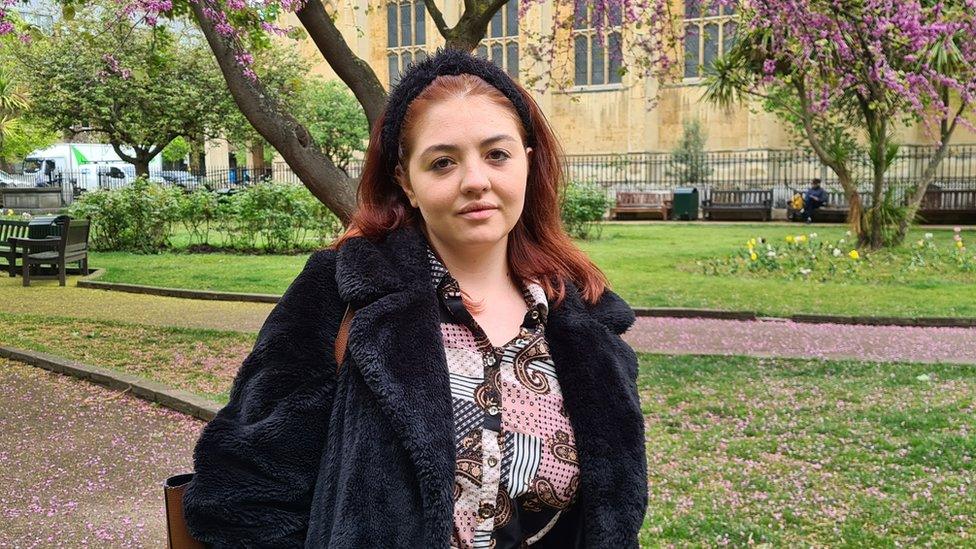
- Published2 July 2021
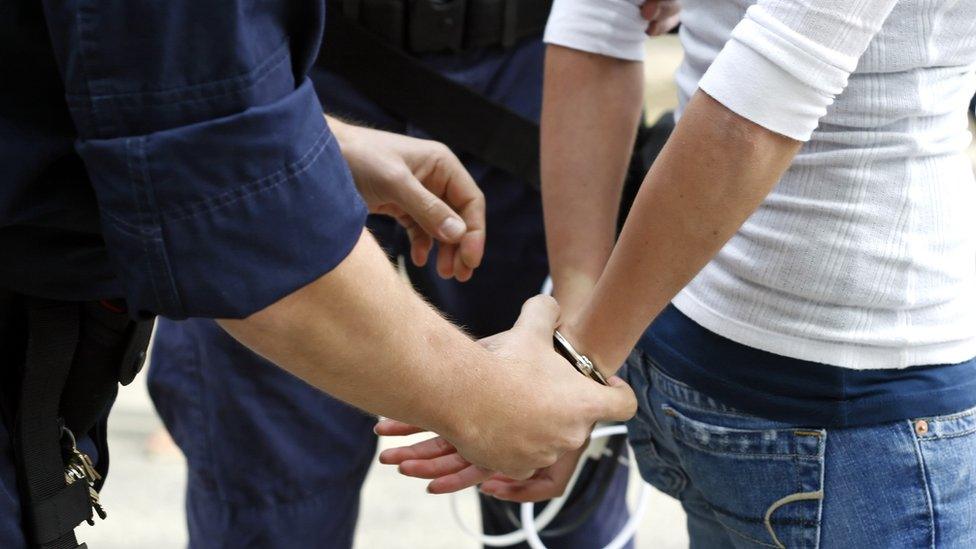
- Published23 June 2021
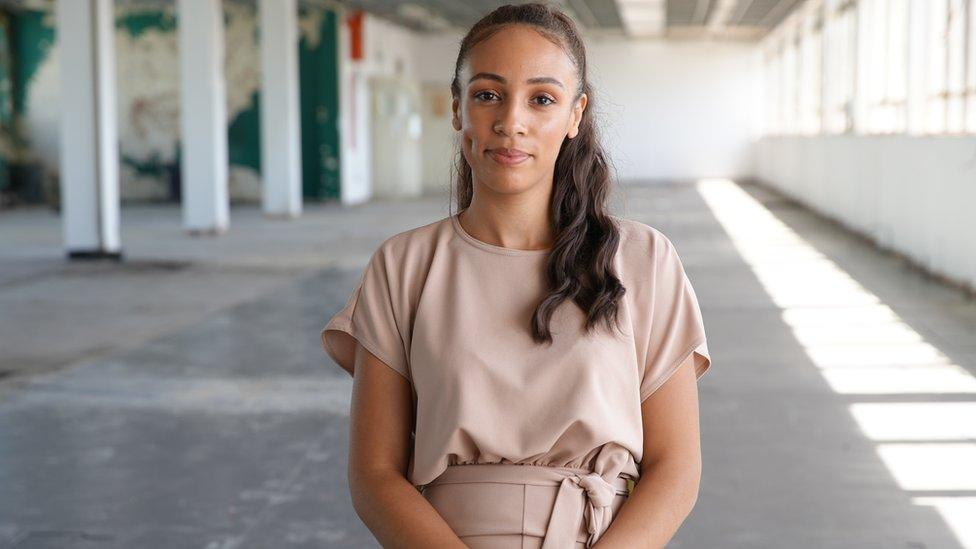
- Published5 May 2020
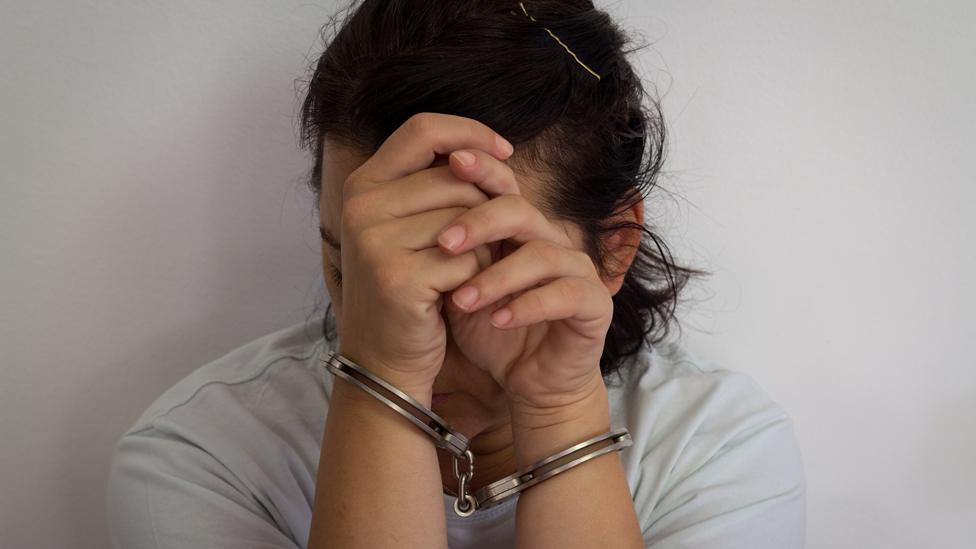
- Published18 December 2018

- Published8 June 2021
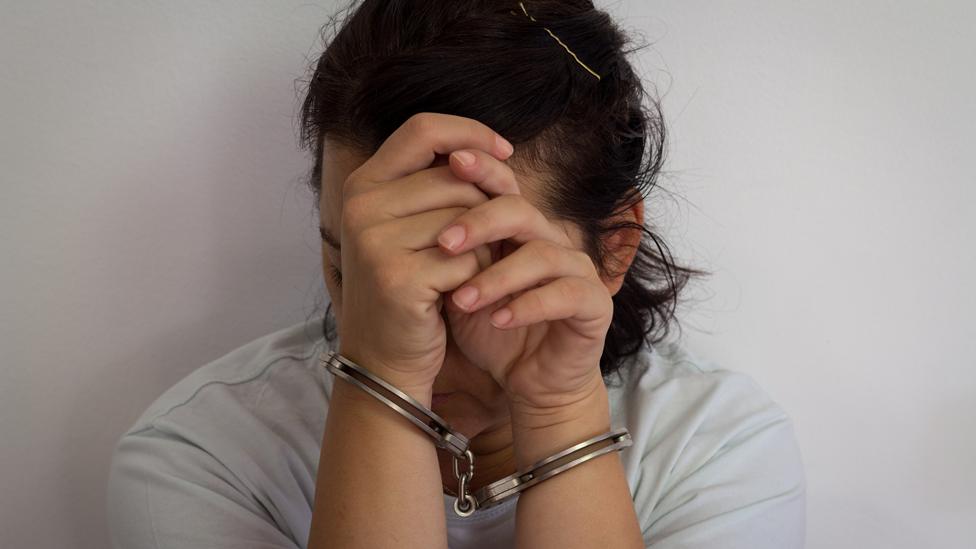
- Published23 January 2021
